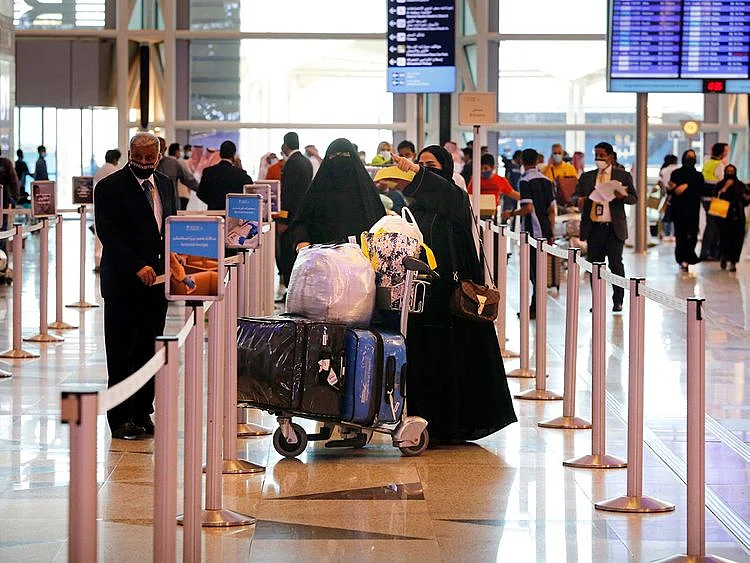Unified GCC Visa now coming in 2026: What’s behind the new launch date
One visa, six countries — Gulf gears up for 2026 launch after key system upgrades

Dubai: The much-anticipated Unified GCC Visa, which will allow seamless travel across all six Gulf Cooperation Council (GCC) nations, is now expected to launch in 2026, following an updated rollout timeline confirmed by Saudi Minister of Tourism Ahmed Al-Khateeb last week.
Initially planned for the end of 2025, the unified visa — often referred to as the 'GCC Grand Tours Visa' — is viewed as a transformative step for regional tourism and economic mobility. The project requires deep coordination between national systems and security agencies before full implementation.
Timeline updated
The visa was earlier expected to roll out by the end of 2025, with pilot programmes planned for the fourth quarter — the period currently underway.
The concept was approved by GCC interior ministers in November 2023 and reiterated by officials throughout 2024 and 2025 as a key regional tourism initiative.
On Friday, Saudi Minister of Tourism Ahmed Al-Khateeb, who confirmed the updated timeline while speaking at the Gulf Gateway Investment Forum in Manama, Bahrain, described the launch as “a major milestone achieved after years of collaboration among GCC member states.”
Why the timeline moved
1. Security, GCC policy alignment
One of the main challenges has been harmonising immigration and security systems among six sovereign states.
In March 2025, Oman’s Minister of Heritage and Tourism, Salim bin Mohammed Al Mahrouqi, told Omani media that the project remained in a “research phase” as discussions continued on “security issues, data-sharing frameworks, and immigration control.”
So talks have since been ongoing to align visa regulations and cross-border data-sharing frameworks — essential steps before the system can operate effectively.
2. Technical integration across member states
Developing a shared digital platform capable of supporting a Schengen-style visa has also proven complex. The project involves linking national databases, border systems, and immigration software to ensure real-time traveller data exchange.
Tourism officials across the region have emphasised that such infrastructure must meet “international standards of data protection and security.”
In July 2025, GCC Secretary General Jasem Mohamed Albudaiwi confirmed that “passport departments from the Ministries of Interior are engaged in ongoing joint technical meetings to ensure the visa keeps pace with technological developments and rapid global security demands.”
3. Phased rollout strategy
The GCC has opted for a gradual rollout to ensure operational reliability. The pilot phase, earlier scheduled for late 2025, will allow select member countries to test and refine the system before a region-wide launch.
Officials say this approach reflects a commitment to quality over speed — ensuring that once introduced, the visa functions seamlessly and securely.
What travellers need to know
For now, travellers must continue to follow existing visa rules for each GCC country. Most expatriates and visitors still need separate entry permits, while UAE citizens can travel visa-free across the Gulf.
Once operational, the Unified GCC Visa will:
Allow tourists to visit all six GCC nations with one application;
Simplify entry procedures and reduce total visa costs;
Support intra-Gulf tourism and investment;
Strengthen the GCC’s position as a globally connected tourism hub.
Travellers can soon apply through a unified online portal for:
A single-country visa (Dh330–Dh380, 30 days), or
A multi-country “Grand Tour” visa (Dh400–Dh480, 60–90 days).
Current eVisa costs across the region range from Dh48 to Dh756, making the unified visa a cost-effective option for multi-country travel.
Once implemented, the Unified GCC Visa is expected to be one of the most significant tourism and economic integration projects in the Middle East — marking a new era of cross-border cooperation, digital readiness, and regional unity.
Sign up for the Daily Briefing
Get the latest news and updates straight to your inbox
Network Links
GN StoreDownload our app
© Al Nisr Publishing LLC 2026. All rights reserved.
